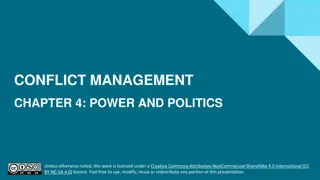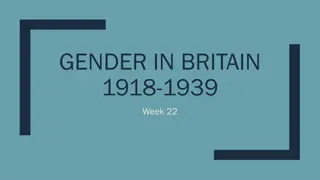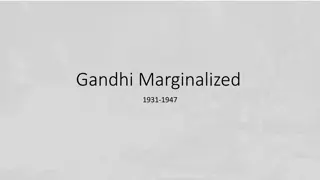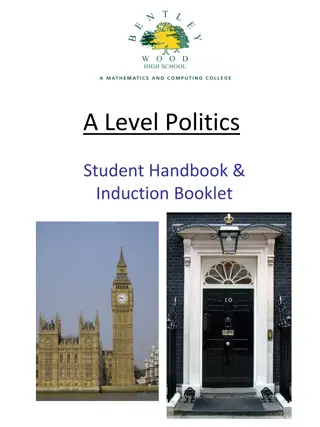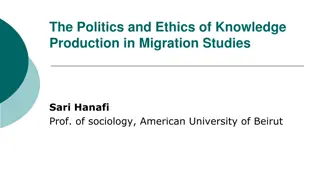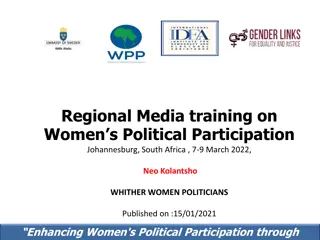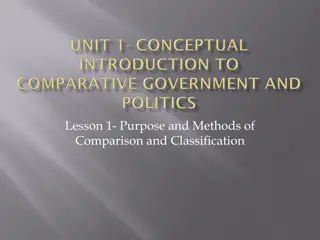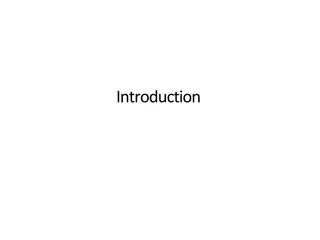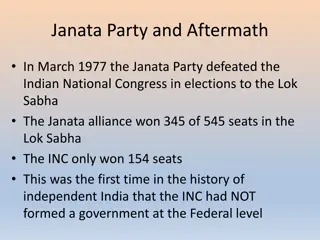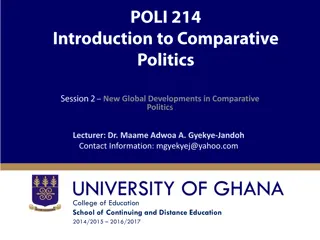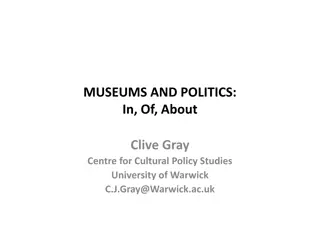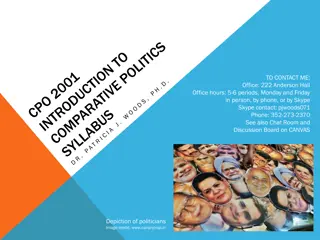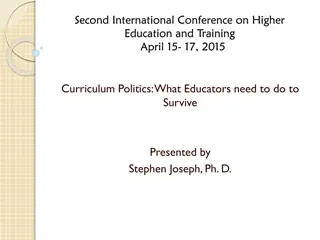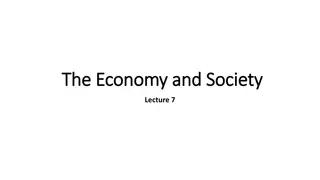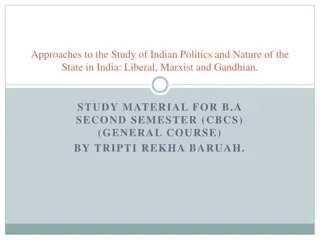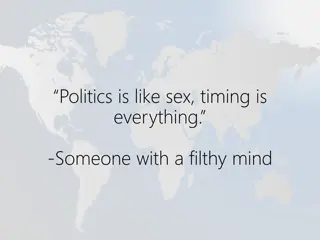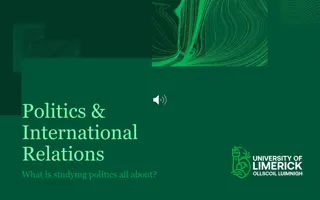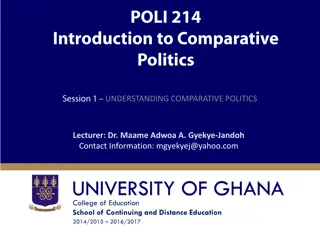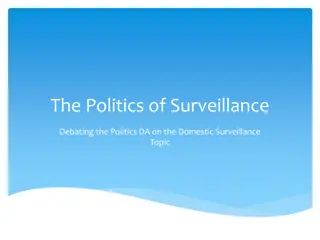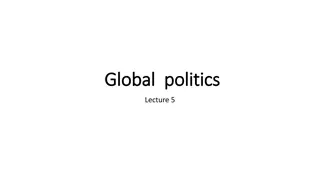
Explore Higher Politics - Unit Details, Exam Structure, and Differences
Dive into the realm of Higher Politics with a detailed breakdown of the course structure, covering political theories, systems, parties, elections, and exam formats. Discover the differences between Higher Politics and Modern Studies for a holistic understanding of the subject.
Download Presentation

Please find below an Image/Link to download the presentation.
The content on the website is provided AS IS for your information and personal use only. It may not be sold, licensed, or shared on other websites without obtaining consent from the author. If you encounter any issues during the download, it is possible that the publisher has removed the file from their server.
You are allowed to download the files provided on this website for personal or commercial use, subject to the condition that they are used lawfully. All files are the property of their respective owners.
The content on the website is provided AS IS for your information and personal use only. It may not be sold, licensed, or shared on other websites without obtaining consent from the author.
E N D
Presentation Transcript
Welcome to Higher Politics!!
Course Structure This course consists of three units: Political Theories Power, Authority and Legitimacy Direct and Representative Democracy Conservatism and Socialism Political Systems Comparing politics in the UK and US Political Parties and Elections Political campaigning and voter behaviour Political ideas
Political Theories In this unit students learn about key political concepts such as power, legitimacy. We also study the nature of democracy and the arguments for and against representative democracy. Lastly this unit will consider the ideas of two political ideologies Conservatism and Socialism. authority and
Political Systems In this unit students study and compare the political systems of the UK and the USA. This will include a study of the relevant power of the executive and legislative branches and the origins and principles that underpin them.
Political Parties and Elections This unit will focus on the impact of political ideas with a focus on the Conservative Party and the Labour Party. This will include an examination of political campaigning and voting behaviour.
Exam Structure 1 hr 45 Question Paper 1 52 Marks 1 hr 15 Question Paper 2 28 Marks
The Question Papers Paper 1: Two 20 mark essay One 12 mark essay (Political Parties Unit) Paper 2: One 8 mark question comparing & contrasting 2 sources One 20 mark question interpreting, synthesising & evaluating up to 7 sources
Is Higher Politics Different? There are some similarities to Higher Modern Studies: Some crossover topics - US political systems and voting behaviour, political parties etc. Independent research and reading required. Knowledge Questions are 20/12 mark essays. But there are some differences too: No time period constraints (can use older case studies) Focus on the why rather than just the how of politics. Different skills questions.
Homework and Key Dates Homework: this is given out most weeks. Mainly in the form of essays/source questions; preparing for timed essays/ Unit Assessments in class; past paper questions. Also, missed work due to absence. Prelim(s): January (2 of the 3 units will be assessed Political Theory and Political Systems) March (remaining issue will be assessed Political Parties) Final exam: 26thApril 2022
Additional Support Staff: Mr McMordie and Mr Hattie are always ready to help and can be contacted in person, via e-mail or via Teams. All course notes are accessible through One Note and supported study is available one afternoon per week. SQA: past papers/marking instructions available online at SQA Politics Homepage and SQA Understanding Standards Parents: can encourage students by encouraging news watching, discussing topics studied in class and by reading essays. Detailed written reports to be issued November 2020.

